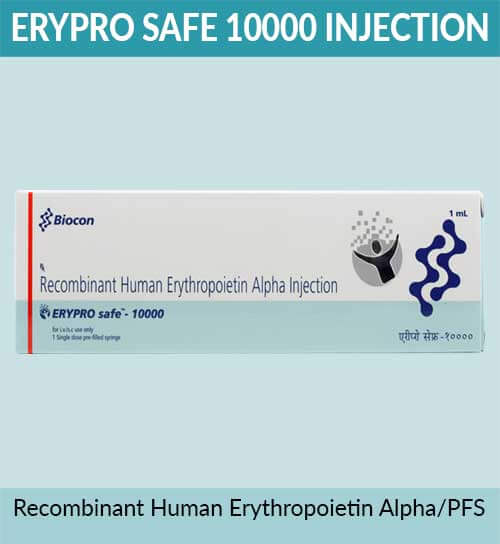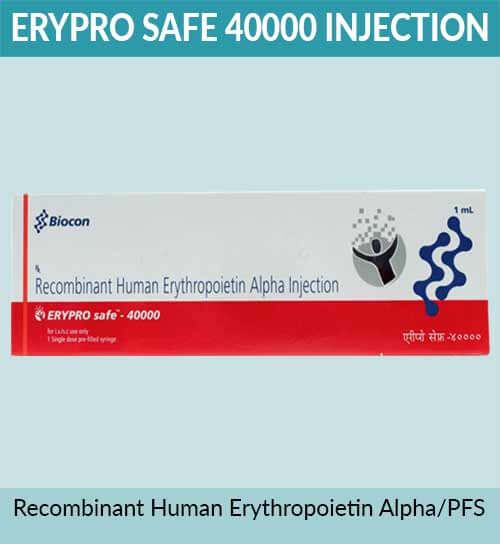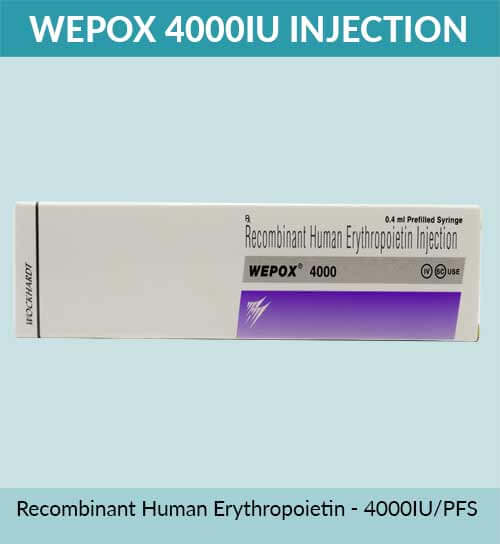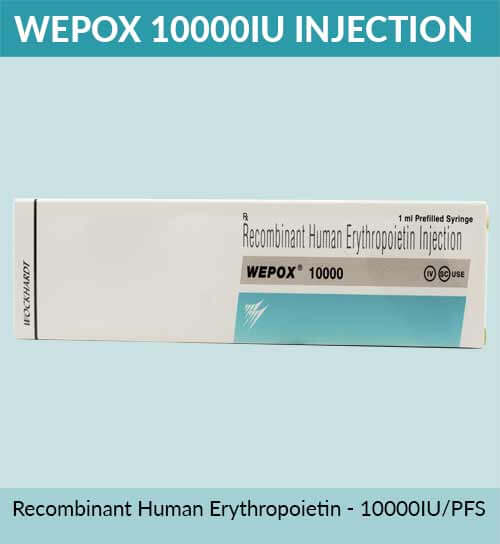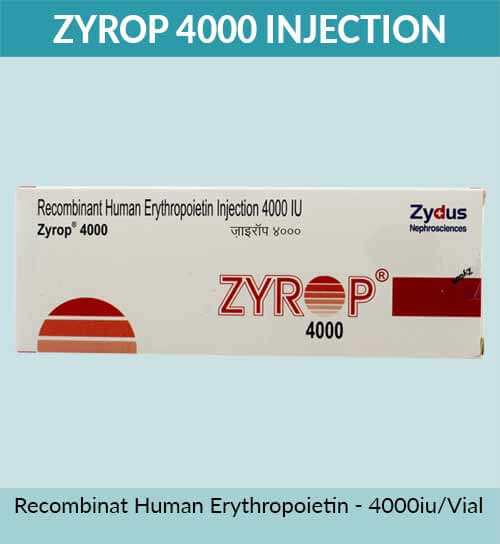Recombinant-Human-Erythropoietin
Recombinant human erythropoietin (rHuEPO) is an artificial version of erythropoietin hormone that promotes the generation of red blood cells. Its therapeutic applications include managing anemia linked to chronic kidney disease, anemia induced by chemotherapy, and various other conditions characterized by low levels of red blood cells.
Erythropoietin is a naturally occurring hormone produced by the kidneys, responsible for regulating red blood cell production in the bone marrow. However, in certain medical conditions, the body’s ability to produce erythropoietin may be compromised, resulting in decreased red blood cell counts and subsequent anemia.
rHuEPO is designed to mimic the function of natural erythropoietin, stimulating the bone marrow to produce more red blood cells. By increasing red blood cell levels, it helps improve oxygen-carrying capacity and alleviates the symptoms associated with anemia.
One of the primary indications for rHuEPO is the management of anemia in individuals with chronic kidney disease. In these patients, the kidneys may not produce sufficient erythropoietin, leading to reduced red blood cell production. By administering rHuEPO, the hormonal deficiency is addressed, promoting red blood cell synthesis and addressing anemia.
Additionally, rHuEPO is utilized in the treatment of anemia induced by chemotherapy. Chemotherapy drugs can suppress bone marrow function, resulting in decreased red blood cell production and subsequent anemia. By administering rHuEPO during chemotherapy, the production of red blood cells is stimulated, mitigating the anemia associated with cancer treatment.
Furthermore, rHuEPO may be prescribed for various other conditions that result in low red blood cell levels and anemia. These may include anemia associated with HIV infection, anemia in premature infants, anemia related to myelodysplastic syndromes (MDS), and anemia in individuals scheduled for elective surgeries.
It is important to note that rHuEPO should only be administered under medical supervision and in accordance with specific dosage guidelines. Monitoring of hemoglobin levels and appropriate adjustments in dosage are essential to avoid potential complications such as excessively high red blood cell counts.
Overall, recombinant human erythropoietin plays a critical role in managing anemia in various clinical settings. By stimulating red blood cell production, it helps restore hemoglobin levels, improve oxygenation, and enhance the quality of life for individuals affected by anemia and associated conditions.

